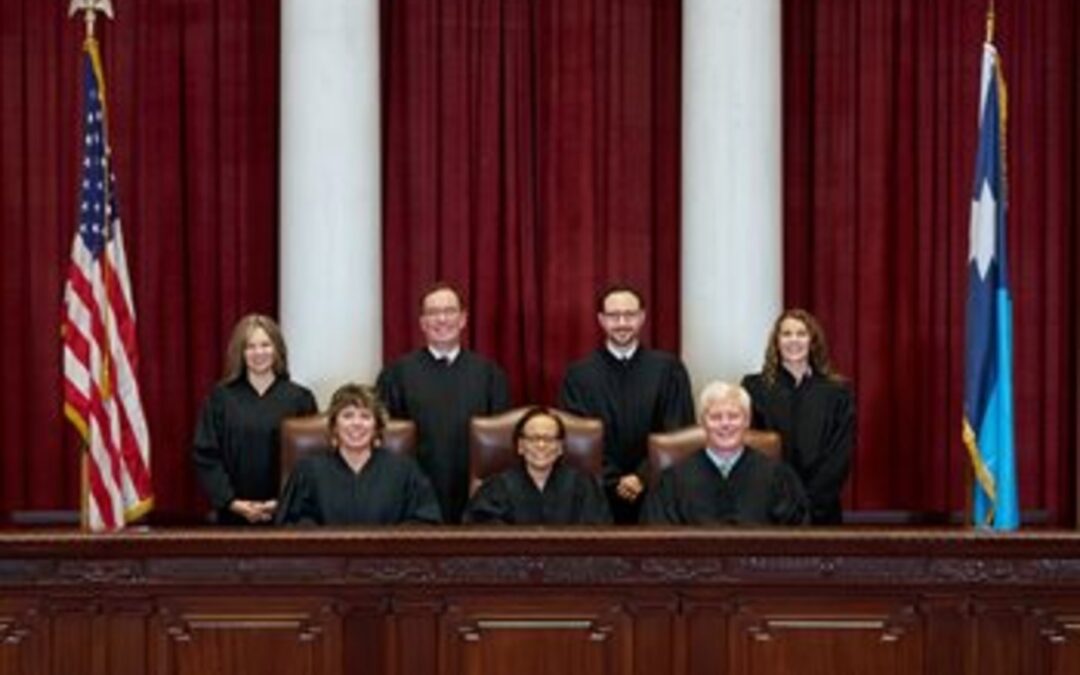Minnesota beaches may never be the same, following a unanimous state Supreme Court ruling this week overturning a woman’s indecent exposure misdemeanor conviction on the grounds that men, transgender individuals and breast cancer survivors are not held to the same standard.
“Criminalizing the exposure of female — but not male — breasts does not provide Minnesotans with adequate notice as to the conduct the indecent exposure statute prohibits,” Associate Justice Sarah Hennesy wrote of the court’s decision. “Because a binary approach to breasts fails to recognize the more nuanced physical realities of human bodies, whether they are intersex, transgender, nonbinary, or breast cancer survivors.”
The Post Bulletin retraced the background of an encounter that led from Rochester to the state’s highest court.
The case stems from an incident on July 28, 2021 when a Rochester police officer responded to a call of a woman walking around a gas station parking lot with her breasts exposed, court documents said. Officers arrived and observed [Eloisa Rubi] Plancarte walking around without her shirt on. When an officer asked Plancarte why she kept exposing herself, Plancarte told him she was a stripper.
Plancarte was charged and convicted in Olmsted County with willfully and lewdly exposing her private parts in a public place.
MPR points out the Olmsted County judge who presided was blunt in his assessment of the proceedings.
In his verdict, Chase wrote that “Ms. Plancarte is an exhibitionist.” Chase, who has since retired from the bench, added that Plancarte “was not at a beach designated for nude bathing by people who enjoy that sort of thing. She was not in a locker room or public lavatory which strangers might share in a state of undress. Ms. Plancarte was strolling across the parking lot of a gas station.”
After the Minnesota Court of Appeals upheld Plancarte’s conviction, however, the state high court decided to take a deeper look at the legal questions raised by the defense.
The Minnesota Supreme Court was petitioned to review three issues: whether female breasts are “private parts,” whether evidence proved Plancarte “lewdly” exposed her breasts, and whether the statute violates the federal and state guarantees of equal protection.
The justices not only found the state failed to prove Plancarte exhibited lewd behavior, but that she was singled out for prosecution as a female for displaying her breasts in a way a male or transgender individual would not be.
“Would a transgender man be prohibited from exposing his chest?” Hennesy continued. “What about a transgender woman who has had top surgery? Where do the chests of intersex and nonbinary persons fit within this dichotomy? And how do we treat the exposed chest of a breast cancer survivor who has had a mastectomy?”
A question Hennesy apparently never pondered is whether a decision like this and the woke reasoning behind it undermines the court’s credibility. Most folks have no dichotomy whatsoever in handling the difference between the chests of men and women, and no high court ruling will change that.

